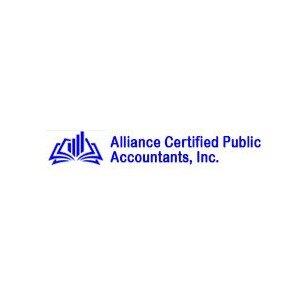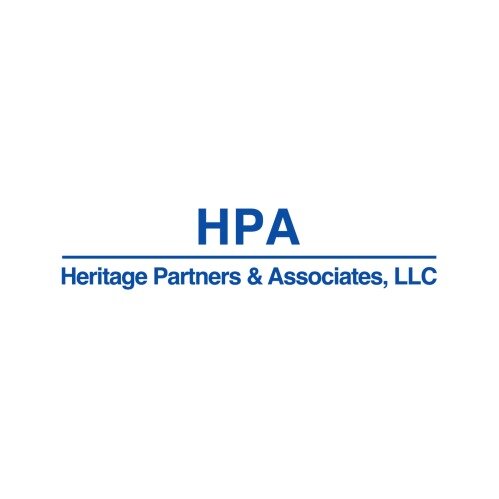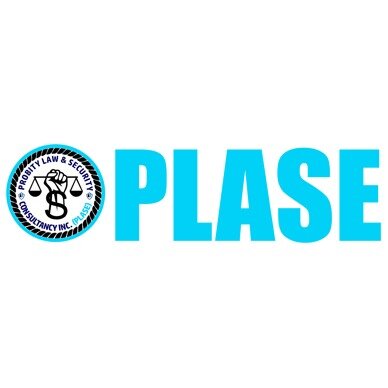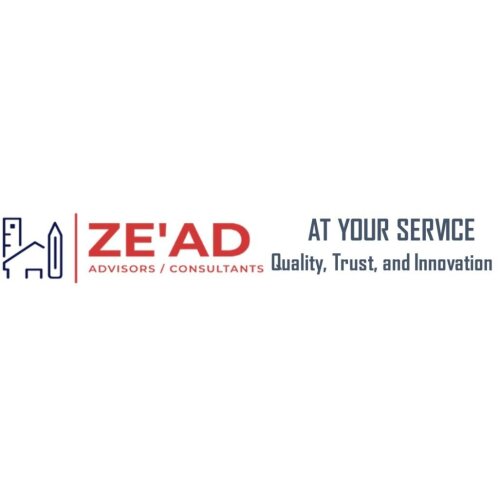Best Nonprofit & Charitable Organizations Lawyers in Monrovia
Share your needs with us, get contacted by law firms.
Free. Takes 2 min.
List of the best lawyers in Monrovia, Liberia

Alliance Certified Public Accountants, Inc. (Alliance CPAs, Inc.)
15 minutes Free ConsultationAbout Nonprofit & Charitable Organizations Law in Monrovia, Liberia
Nonprofit and charitable organizations in Monrovia, Liberia play a crucial role in addressing social issues, promoting arts and culture, and supporting educational and health initiatives. These organizations operate under specific legal frameworks designed to ensure transparency, accountability, and proper governance. Typically, they are established as non-governmental organizations (NGOs) or community-based organizations (CBOs), each requiring compliance with national regulations to operate legally and effectively within Liberia.
Why You May Need a Lawyer
Legal counsel can be invaluable for nonprofits and charitable organizations in several scenarios:
- Formation and Registration: Ensuring proper registration with the Liberian government to attain legal status.
- Compliance and Governance: Navigating the rules and regulations related to governance, financial management, and organizational operations.
- Contracts and Agreements: Drafting and review of partnership agreements, funding contracts, and other legal documents.
- Employment Law: Managing employment contracts, dispute resolution, and understanding labor laws relating to staff and volunteers.
- Taxation Issues: Understanding tax obligations and benefits available to nonprofit organizations.
- Intellectual Property: Protecting the organization's name, logo, and other intellectual properties.
- Dispute Resolution: Handling conflicts with donors, partners, or beneficiaries.
Local Laws Overview
Operating a nonprofit or charitable organization in Monrovia involves adhering to various laws and regulations:
- Registration: All nonprofit organizations must be registered with the Liberia Business Registry (LBR) and meet the standards set by the Liberian Ministry of Finance and Development Planning (MFDP).
- Reporting Requirements: Organizations are required to submit annual reports, including financial statements and activity reports, to maintain their legal status.
- Taxation: While some organizations may enjoy tax-exempt status, they must comply with regulations regarding taxation and remittance of employee-related taxes.
- Governance: There are mandates on the structure and functioning of boards and other governing bodies to ensure accountability and effective oversight.
- Funding Regulations: Domestic and international funds must be appropriately managed according to country and international law.
Frequently Asked Questions
What is required to establish a nonprofit in Liberia?
To establish a nonprofit in Liberia, you must draft the organization’s articles of incorporation, create a constitution, and register with the Liberia Business Registry. It’s also advisable to have a board of directors in place.
Do nonprofit organizations pay taxes in Liberia?
Nonprofits can apply for tax-exempt status, although they must comply with all legal requirements, including filing annual reports and declarations.
What governs nonprofit activities in Monrovia?
Nonprofit activities are governed by the guidelines set forth by the Liberia Business Registry and the Ministry of Finance and Development Planning.
How are disputes within nonprofit organizations resolved?
Disputes can be resolved through internal mediation first, and if necessary, through legal action, with assistance from a qualified attorney.
Can a nonprofit in Liberia receive international funding?
Yes, nonprofits in Liberia can receive international funding but must adhere to local and international regulations regarding such transactions.
How does one dissolve a nonprofit in Monrovia?
To dissolve a nonprofit, a formal resolution must be adopted by the board, any remaining assets must be distributed according to the law, and proper notification must be given to the authorities involved.
What are the reporting requirements for nonprofits in Liberia?
Nonprofits are required to submit annual reports, which include financial statements and a summary of activities, to relevant government bodies.
Are there specific laws for community-based organizations in Liberia?
Yes, community-based organizations must adhere to similar regulations regarding registration and operations as other nonprofits, but may have distinct constraints or benefits based on their specific focus or scope.
What constitutes a nonprofit's board of directors in Liberia?
The board typically includes individuals with varied expertise who manage the major decisions of the organization, and they are often required to meet regularly to oversee operations.
How can a nonprofit protect its intellectual property?
Nonprofits can protect their intellectual property by registering trademarks and copyrights with the Liberian Intellectual Property Office.
Additional Resources
Consider consulting the following resources for more information or assistance:
- Liberia Business Registry (LBR): Responsible for the registration and oversight of nonprofit organizations.
- Ministry of Finance and Development Planning (MFDP): Offers guidelines regarding financial regulations and compliance.
- Center for National Documents and Records Agency (CNDRA): Useful for accessing legal documentation related to your organization.
- Local Legal Aid Organizations: Provide assistance to NGOs and CBOs in legal matters.
Next Steps
If you need legal assistance concerning nonprofit and charitable organizations in Monrovia, consider the following steps:
- Consult with an Attorney: Seek specialized legal advice from attorneys experienced in nonprofit law in Liberia.
- Attend Workshops: Participate in seminars and workshops related to legal compliance for nonprofits.
- Network with Other Organizations: Join local nonprofit networks to share experiences and gain insights.
- Review Local Guidelines: Regularly review legal updates from relevant governmental bodies.
Lawzana helps you find the best lawyers and law firms in Monrovia through a curated and pre-screened list of qualified legal professionals. Our platform offers rankings and detailed profiles of attorneys and law firms, allowing you to compare based on practice areas, including Nonprofit & Charitable Organizations, experience, and client feedback.
Each profile includes a description of the firm's areas of practice, client reviews, team members and partners, year of establishment, spoken languages, office locations, contact information, social media presence, and any published articles or resources. Most firms on our platform speak English and are experienced in both local and international legal matters.
Get a quote from top-rated law firms in Monrovia, Liberia — quickly, securely, and without unnecessary hassle.
Disclaimer:
The information provided on this page is for general informational purposes only and does not constitute legal advice. While we strive to ensure the accuracy and relevance of the content, legal information may change over time, and interpretations of the law can vary. You should always consult with a qualified legal professional for advice specific to your situation.
We disclaim all liability for actions taken or not taken based on the content of this page. If you believe any information is incorrect or outdated, please contact us, and we will review and update it where appropriate.










